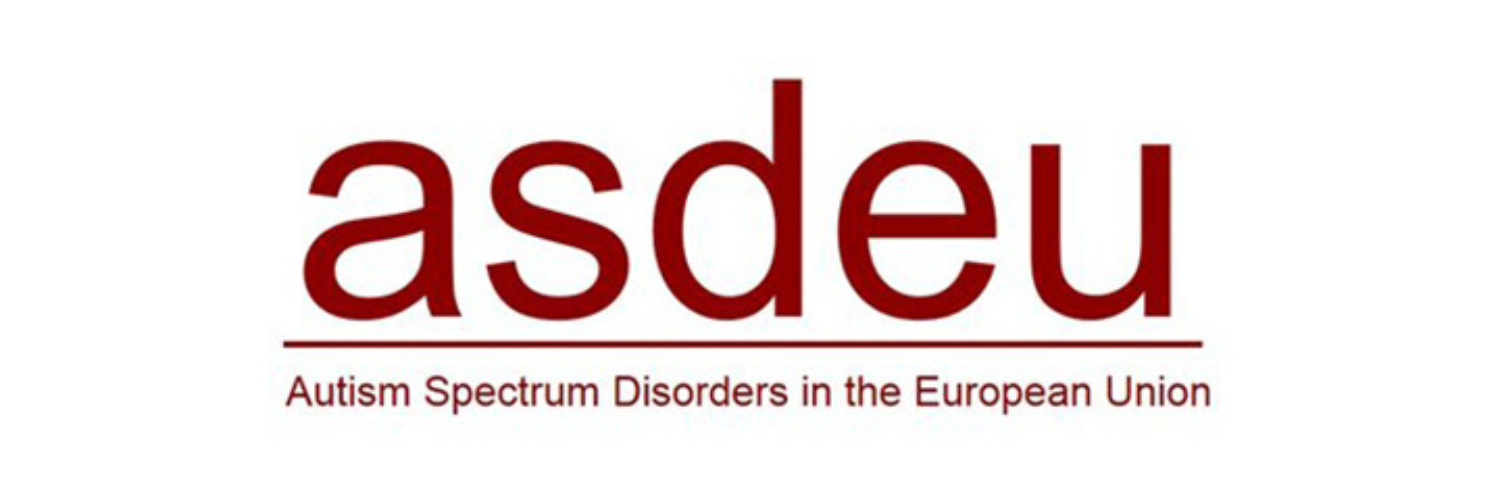
Our understanding of autism got a boost as universities, charities and expert institutions from 14 European countries came together in a major new programme running from 2015 to 2018. Autism Spectrum Disorders in Europe (ASDEU) was funded by the European Commission to research autism diagnosis, prevalence and interventions, and to improve care and support for autistic people.
The 2.1 million euros given to the programme helped to increase our understanding of autism and improve responses to the condition.
In order to achieve this, the programme focused specifically on:
- Studying the prevalence of autism in 12 countries in the European Union;
- Analysing the economic and social costs of autism;
- Reviewing existing arrangements and developing proposals for early detection programmes;
- Training professionals;
- Validating biomarkers for the disorder and improving understanding of diagnosis, comorbidity, and effective care and support for autistic adults and senior citizens.
Autism-Europe (AE) was responsible for formulating policy recommendations to European decisions-makers in the field of health and social inclusion. In January 2018, at the ASDEU conference in Madrid, AE Director Aurélie Baranger presented these policy recommendations to representatives from the European Commission and ministries from a number of EU Member States.
In this project, Autism-Europe worked alongside 19 full partners, and 2 collaborating partners.
The full partners were: the Medical University of Vienna (Austria), the Ghent University (Belgium), the Bulgarian Association for Promotion of Education and Science (Bulgaria), the Aarhus University (Denmark), the University of Oulu (Finland), University Toulouse 2 Jean Jaurès (France), the State Diagnostic and Counselling Centre (Iceland), the IRCCS Stella Maris Foundation (Italy), the National Health Institute Doutor Ricardo Jorge (Portugal), University of Warsaw (Poland), Dublin City University (Ireland), the Victor Babes National Institute of Pathology(Romania), Fundación BioAvance (Spain), the University of Salamanca (Spain), the Instituto de investigación de enfermedades raras of the Instituto de Salud Carlos III (Spain), the London School of Economics (United Kingdom), the King’s College London (United Kingdom) and the National Autistic Society (United Kingdom).
The 2 supporting partners were the Istituto Superiore di Sanitá (Italy) and the Fundación Policlínica Gipuzkoa (Spain).